Like a great magician, the pandemic has drawn our attention away from things that are hiding in plain sight. One of those has been the plight of millions of refugees and migrants who are in refugee camps or trying to escape from war, violence, poverty or other scourges.
Myrto Xanthopoulou, Mike Niconchuk, and Megan López who heads the International Rescue Committee’s work in Latin America, describe the realities on the ground.
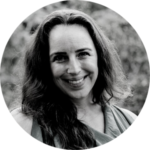 Meghan E. López is the Regional Director for Latin America for the International Rescue Committee (IRC), a Doctorally prepared Board-Certified Family Nurse Practitioner with nearly 20 years of experience working internationally for children, families and vulnerable communities. Meghan received her Bachelor of Arts in the Politics of Religion from Dartmouth College, after which she spent four years in Paraguay supporting communities in beekeeping and health and sanitation. She returned to the United States to pursue a Master of Science in Nursing at Johns Hopkins University where she also became certified as a Doula, or birth companion. Most recently Meghan achieved her Doctorate from Johns Hopkins University implementing a violence prevention project in communities impacted.
Meghan E. López is the Regional Director for Latin America for the International Rescue Committee (IRC), a Doctorally prepared Board-Certified Family Nurse Practitioner with nearly 20 years of experience working internationally for children, families and vulnerable communities. Meghan received her Bachelor of Arts in the Politics of Religion from Dartmouth College, after which she spent four years in Paraguay supporting communities in beekeeping and health and sanitation. She returned to the United States to pursue a Master of Science in Nursing at Johns Hopkins University where she also became certified as a Doula, or birth companion. Most recently Meghan achieved her Doctorate from Johns Hopkins University implementing a violence prevention project in communities impacted.
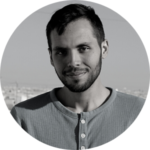 Michael (Mike) Niconchuk is a neuroscience researcher based at Beyond Conflict in Boston. Mike is the editor of The Field Guide for Barefoot Psychologists, a translational neuroscience and self-care book for young migrants and refugees in the MENA region, and he conducts research on stress, violence, and intergroup dynamics from a neurobiological perspective. Prior to Beyond Conflict, Mike spent 7 years working with post-conflict and displaced communities in Latin America and the Middle East, and has worked extensively with young people at risk of violence and conflict with the law. For three years, Mike worked as Emergency Response Coordinator in Za’atri Refugee Camp in Jordan, leading various projects for violence reduction, youth leadership, and alternative education. Mike has also worked with Syrian refugees in Germany and Canada, conducting research on the links between forced displacement, trauma, social cognition, decision-making, and social behavior.
Michael (Mike) Niconchuk is a neuroscience researcher based at Beyond Conflict in Boston. Mike is the editor of The Field Guide for Barefoot Psychologists, a translational neuroscience and self-care book for young migrants and refugees in the MENA region, and he conducts research on stress, violence, and intergroup dynamics from a neurobiological perspective. Prior to Beyond Conflict, Mike spent 7 years working with post-conflict and displaced communities in Latin America and the Middle East, and has worked extensively with young people at risk of violence and conflict with the law. For three years, Mike worked as Emergency Response Coordinator in Za’atri Refugee Camp in Jordan, leading various projects for violence reduction, youth leadership, and alternative education. Mike has also worked with Syrian refugees in Germany and Canada, conducting research on the links between forced displacement, trauma, social cognition, decision-making, and social behavior.
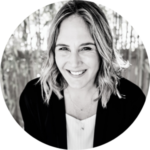 Myrto Xanthopoulou is a non-profit consultant, with extensive experience in the field in Greece. She offers strategic advice services to non-profit entities, corporate entities and philanthropic foundations in areas of strategy planning, grant management, CSR planning, advocacy, restructuring, fundraising, program planning, evaluation and implementation.
Myrto Xanthopoulou is a non-profit consultant, with extensive experience in the field in Greece. She offers strategic advice services to non-profit entities, corporate entities and philanthropic foundations in areas of strategy planning, grant management, CSR planning, advocacy, restructuring, fundraising, program planning, evaluation and implementation.
She is also a Board member at Terre des Hommes Hellas, a Board member at Stray.gr, a Mentor at Social Dynamo and an SNF Fellow at the Tallberg Foundation.
Myrto holds a BA in Philosophy, Politics and Economics from the University of Oxford and an MSc in Management from the London School of Economics.
Like a great magician, the pandemic has drawn our attention away from things that are hiding in plain sight. One of those has been the plight of millions of refugees and migrants who are in refugee camps or trying to escape from war, violence, poverty or other scourges.
In this episode of a New Thinking for a New World, Myrto Xanthopoulou a consultant on migration issues who recently was on Lesbos, Greece on a fact finding mission, Mike Niconchuk, neuroscientist and conflict researcher based in the Za’atari refugee camp in Jordan, and Megan López who heads the International Rescue Committee’s work in Latin America, describe the realities on the ground.
It’s not pretty.
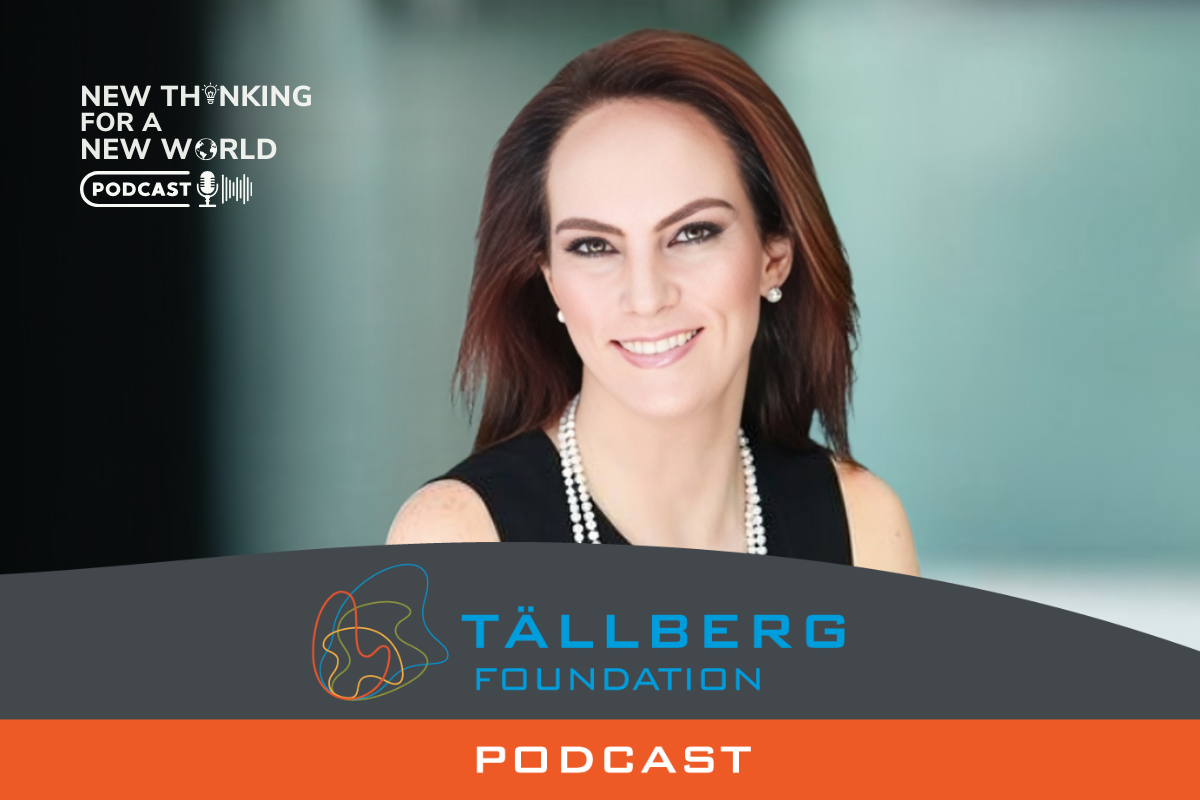
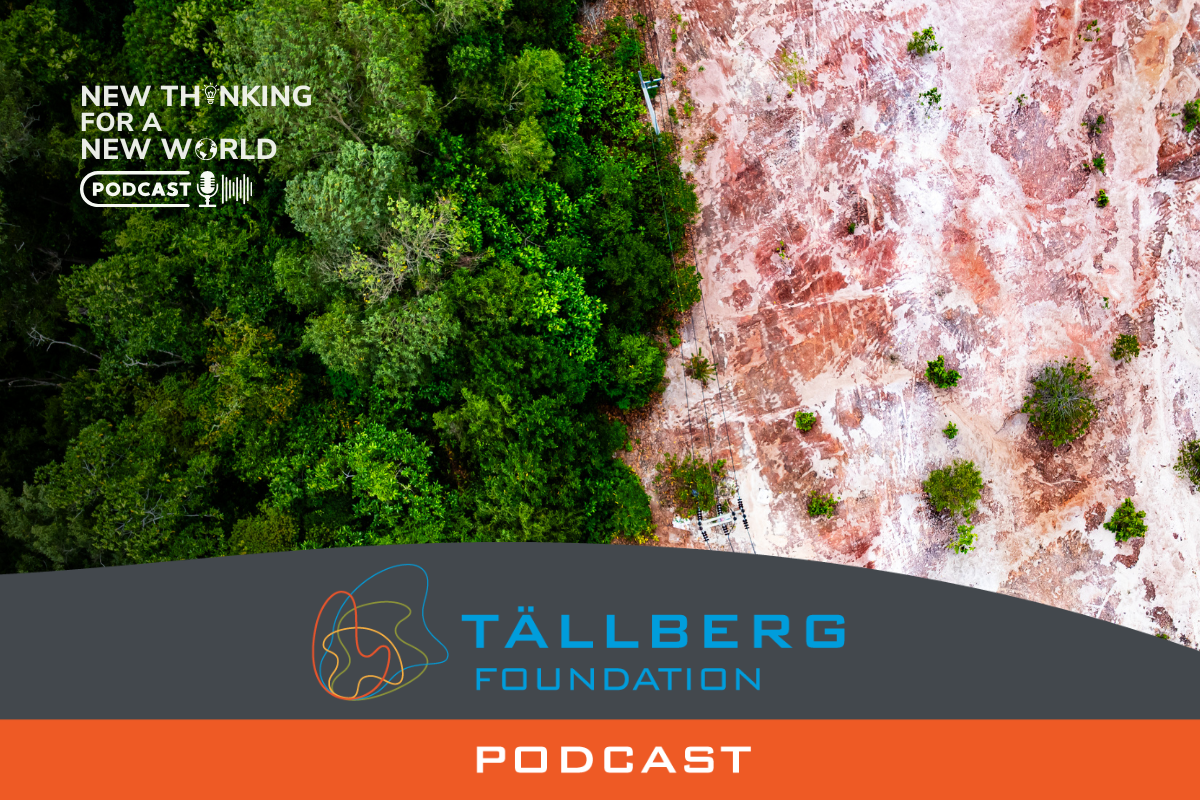
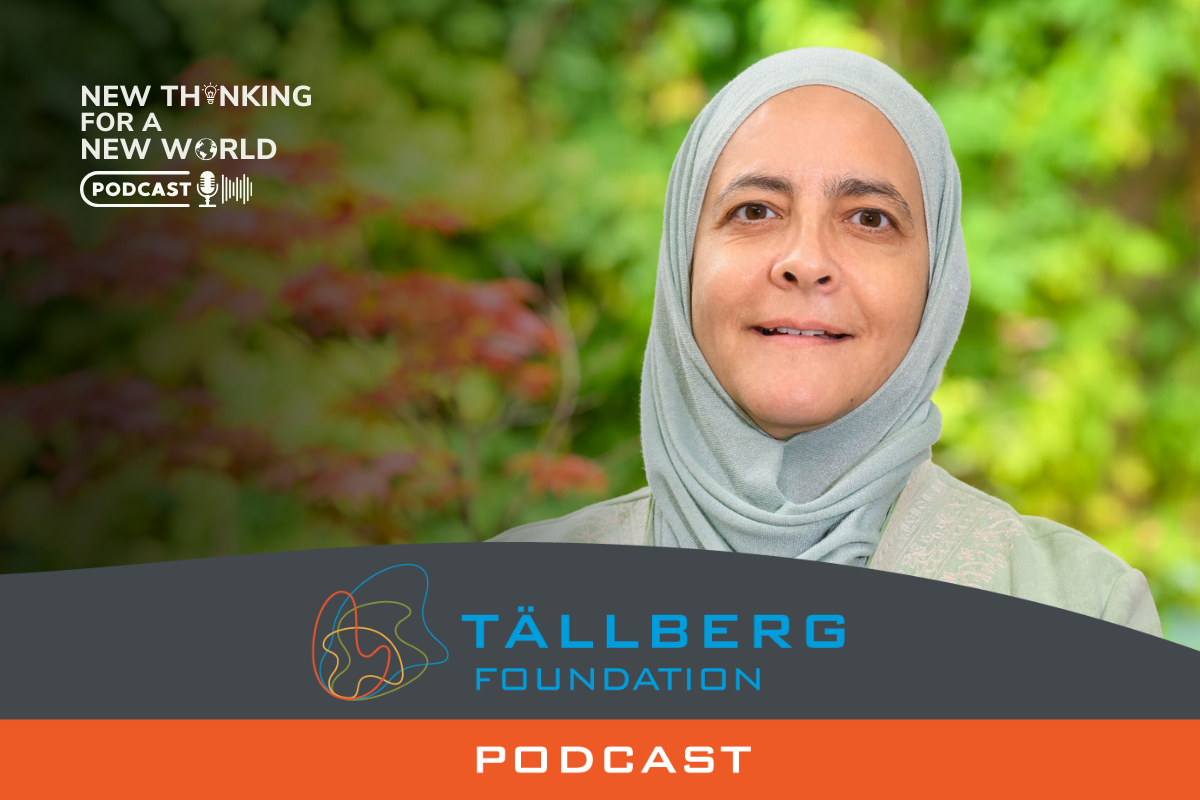
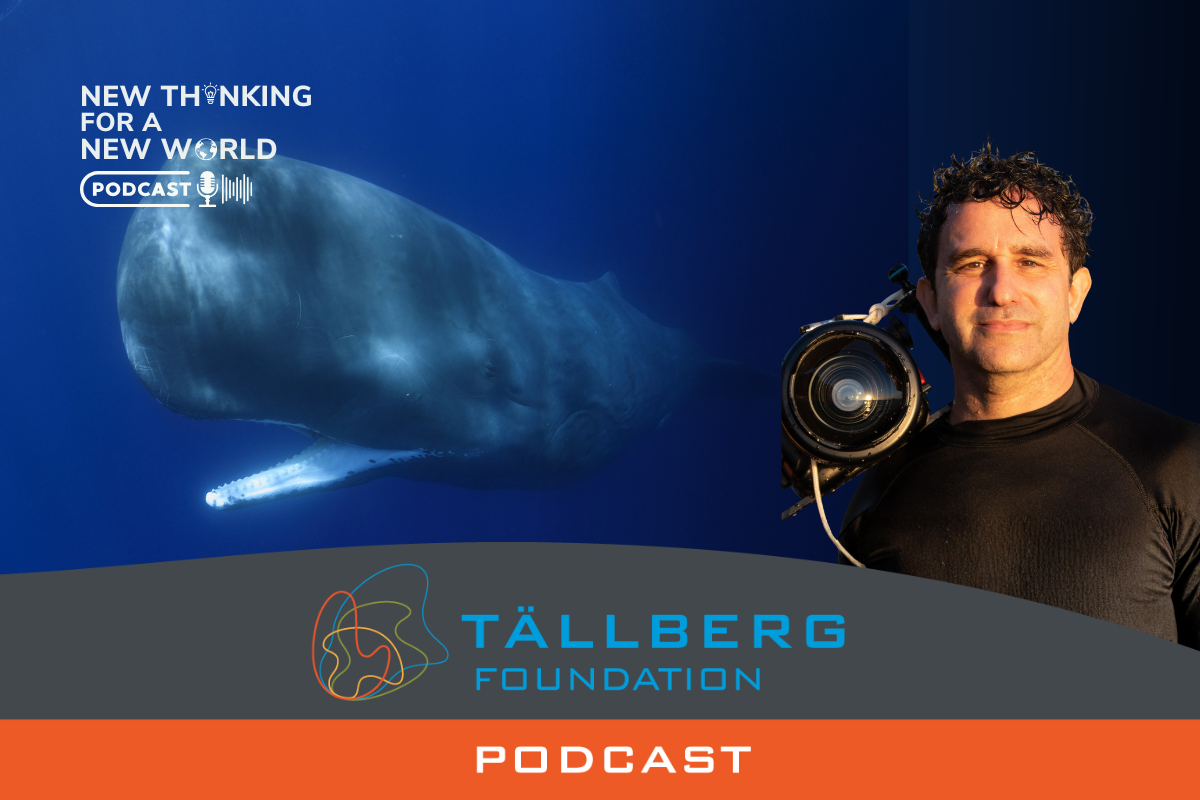
I think that the pandemic has also drawn our attention to the plight of millions of refugees and migrants. We learn that we do not truly love one another. While we have homes food and water we do not think of those who have nothing. This means that while we have everything we enjoy nothing …. Let us understand the lesson and stretch a hand to help ….
Hello!
I believe that the time has come to speak the plain truth and to see reality and things as they are. Because the time for hypocrisies is over. So, it is obvious that the world has changed radically, and states & nations are not what they were in the 80’s – 90’s.
All the more so since the industrialized countries have become more fragile economically and financially because of these multifaceted crises and these natural & human disasters.
As a result, these developed countries no longer have the capacity to endure the scourges and problems of other underdeveloped countries without harming their own peoples (illegal immigration, migratory flows, civil wars, economic & political crises, unemployment, terrorism, fanaticism, etc.).
In conclusion, the Covid-19 pandemic has come to put Humanity before its conscience and its responsibility. And, consequently, it is necessary that the great powers of this World collaborate together for the establishment of a “New World Order” based on a unipolar international system, in the form of a World Government or an Institution of this type. .
Also, the interdependence between States and Governments and global cooperation must be implemented through the reform of the UN and international institutions. This is the only alternative for a better and prosperous world.
Abderrahmane Amrou
Read more in my books in this link:
https://www.amazon.fr/s?k=Abderrahmane+Amrou&i=stripbooks&__mk_fr_FR=%C3%85M%C3%85%C5%BD%C3%95%C3%91&ref=nb_sb_noss
Thanks for such a wonderful article. I don’t think focus shifting isn’t the word but focus transfer where the less privilege like refugees, and many others aren’t longer receiving close attention as before because of the pandemic.. yes agree before the arrival of the pandemic, there were pressing issues that need solution, like increasing refugees and war especially civil war across the world. Politics manifestation has brought more harm to Nations across the globe than the siege of pandemic itself.please don’t misunderstand me.the pandemic has brought it’s own load as well.both issues should be address alongside each others for better solution.
We should be able to address the global politics issue destroying our economy. Thanks